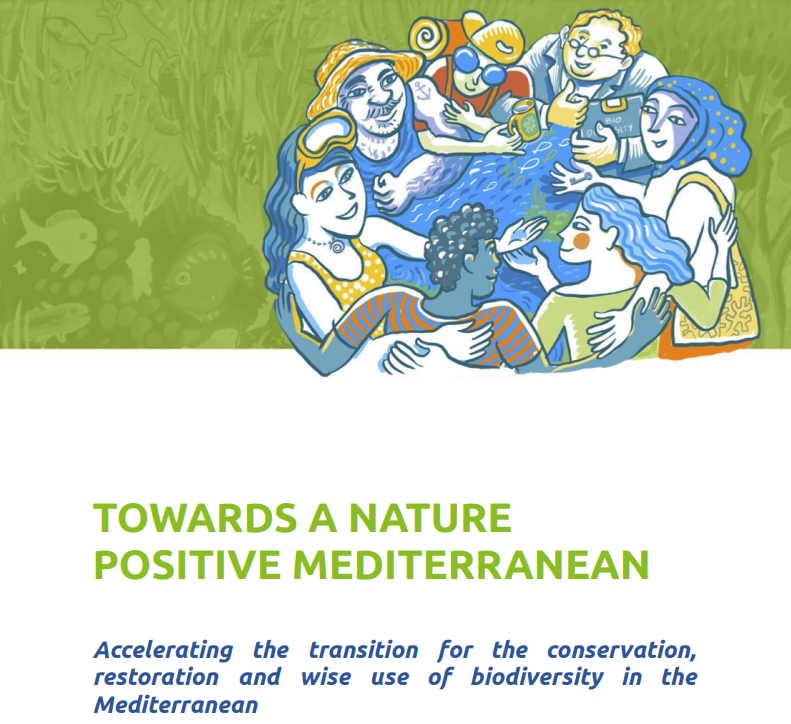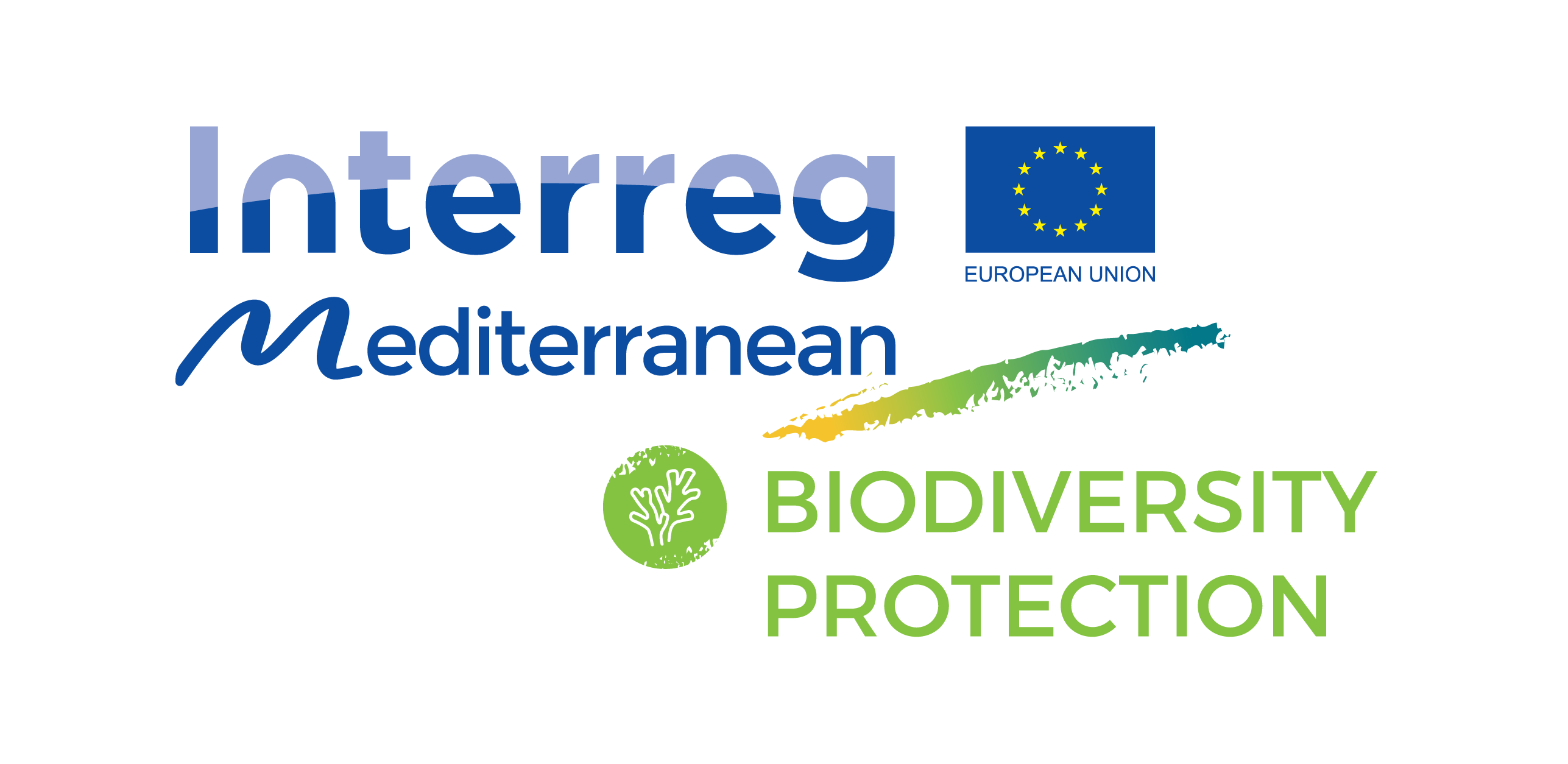Mediterranean Biodiversity Protection Community
The Mediterranean Biodiversity Protection Community (MBPC) – the successor to the PANACeA project (2016-2019,) is made of more than 300 nature conservation actors working together for environmental sustainability and biodiversity protection. The Mediterranean Biodiversity Protection Community project (2019-2022) is a continuation of the PANACeA project (2016 to 2019) with an aim to advance networking and management efforts inside and outside protected areas (PAs) in the region. The community brings together key public and private players by mainstreaming management efforts for environmental sustainability and increasing the impact of biodiversity protection projects towards common identified strategic goals.
Since 2019, partners and projects of the Mediterranean Biodiversity Protection Community, through three working groups, are promoting collaborative work and helping build capacity in partners and interested actors for effective biodiversity protection. Through the local adoption of management tools and approaches at regional and national levels, particularly around governance mechanisms, public and private sector cooperation and awareness of Mediterranean biodiversity and the challenges, our community continues to find and share solutions for effective biodiversity protection across the whole Mediterranean.


Type of tool
Theme
End-User
Geographical scale
Year
Keywords
Pilot Areas
The Mediterranean region.
What problems would this tool solve?
This paper identifies transformative actions that bring about change in the conservation, restoration and wise use of coastal and marine biodiversity ensuring the positive coexistence between economic sectors and sensitive species and habitats found in the Mediterranean region. It argues for the feasible implementation of these actions through available solutions and tools developed by the Interreg Mediterranean Biodiversity Protection Community, among others, that would place the region in the path of ecological resilience and nature recovery.
What is needed for its implementation?
The policy paper translates the idea of transformative change unlocking the potential of Nature Positive Solutions through the delivery of four transformational
pathways for the Mediterranean basin. Key levers for transformation are presented with examples driven from experiences of the Mediterranean Biodiversity Protection Community funded by the Interreg Mediterranean Programme.
The document provides a set of proposed response actions for initiating transformation which can emerge from, and be realised by, multiple actors working across diverse contexts.
How to use it?
The document reflects on the most promising transformation pathways and key levers that could help to rapidly recover nature, driving the efforts that need to be prioritised to transform it into a Nature Positive region by 2030. They are described as follows:
- Transformation 1: Meeting climate goals while maintaining nature and nature’s contributions to people.
- Transformation 2: Conserving and restoring nature while contributing positively to human well-being.
- Transformation 3: Balancing food provision from the sea and the land with nature protection in a changing climate.
- Transformation 4: Building a stronger nature positive economy in the Mediterranean.
What are the expected results?
No single immediate action response is likely to yield sufficient rapid transformation to achieve the goals for climate and nature conservation in the Mediterranean basin by 2050. Every Mediterranean country therefore, will require a complementary and integrated set of actions from different levels of government, civil society, science and business. Starting with these immediate collective actions, political leadership, cooperation and financing, countries will move a little closer towards these transformations and towards a healthier Mediterranean with a fully sustainable future.
Project contact
panacea-med@uma.es
Further information
https://biodiversity-protection.interreg-med.eu
